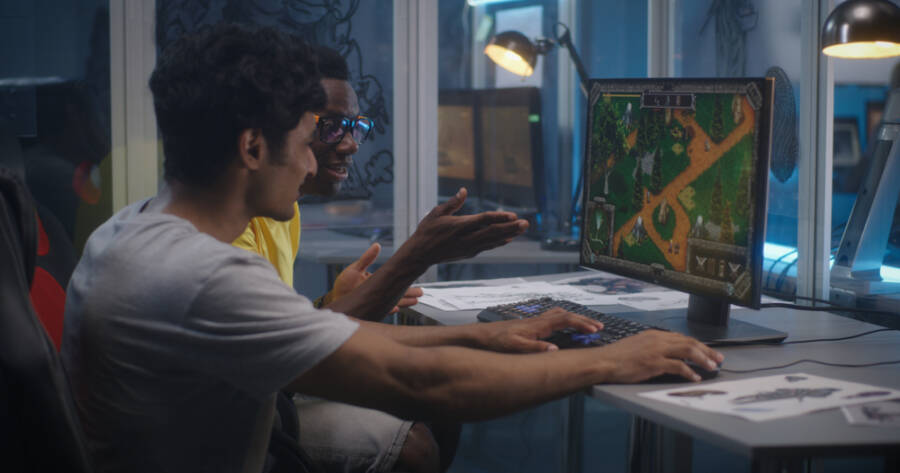For gaming enthusiasts, becoming a game tester might sound like the dream job. The role involves playing video games during their development phase to identify bugs, glitches, and areas for improvement. However, being a game tester requires more than just playing games—it demands analytical skills, attention to detail, and the ability to provide actionable feedback. Learn how to enter this exciting field.
What Does a Game Tester Do?
Game testers, also known as quality assurance (QA) testers, play a critical role in the game development process. They test video games to identify technical issues, gameplay inconsistencies, and usability problems. Their primary responsibilities include:
- Playing through levels to uncover bugs or glitches.
- Reporting issues with detailed descriptions to developers.
- Testing games on various devices and platforms to ensure compatibility.
- Evaluating gameplay mechanics and user experience.
- Retesting fixes to verify that issues have been resolved.
Game testers work closely with developers and designers, ensuring the final product is polished and ready for release.
Skills Required for Game Testing
While gaming skills are an advantage, game testers need specific qualities to excel in this role:
- Attention to detail: Spotting subtle bugs or inconsistencies requires sharp observational skills.
- Technical knowledge: Understanding programming basics or familiarity with different gaming platforms can be helpful.
- Patience: Testing often involves repetitive tasks, such as playing the same level multiple times.
- Communication skills: Testers must provide clear and concise feedback to developers.
- Problem-Solving skills: Analyzing and replicating bugs requires logical thinking and creativity.
If you possess these skills, you’re already on the path to becoming a successful game tester.
Steps to Become a Game Tester
- Understand the role:
Research the responsibilities and expectations of a game tester to ensure it aligns with your interests and skills. Keep in mind that it’s not just about playing games—it’s about systematically identifying and documenting issues. - Build gaming experience:
Familiarize yourself with different genres, platforms, and gameplay mechanics. A broad knowledge of games will make you a more versatile tester. - Learn the gasics of game development:
Understanding game design principles, programming basics, and debugging tools can give you an edge. Free online resources and courses can help you get started. - Develop technical skills:
Many testing roles require familiarity with bug tracking software, such as Jira or Bugzilla. Learning these tools can enhance your employability. - Create a gaming portfolio:
While formal experience may not be required for entry-level roles, showcasing your passion and understanding of games can make a difference. Start a blog or YouTube channel to review games, analyze mechanics, or discuss bugs you’ve encountered. - Apply for QA roles:
Entry-level QA tester positions are often posted on gaming company websites, job boards, and freelancing platforms. Highlight your gaming expertise, technical skills, and attention to detail in your application. - Network with industry professionals:
Attend gaming conventions, online forums, and networking events to connect with developers and other testers. Building relationships in the industry can lead to job opportunities. - Consider certifications or courses:
Some institutions offer courses in game testing or quality assurance. While not always necessary, certifications can demonstrate your commitment to the field.
Challenges and Rewards
Game testing is not without its challenges. The work can be repetitive, deadlines tight, and issues frustrating to solve. However, the rewards include being part of the gaming industry, playing a role in game development, and potentially advancing to other roles like game design or production.
Level Up Your Career: Becoming a Game Tester
Becoming a game tester is an excellent way to combine your passion for gaming with a rewarding career. By building the right skills, gaining experience, and networking within the industry, you can step into this exciting role. With dedication and persistence, game testing can open doors to broader opportunities in the world of game development.





